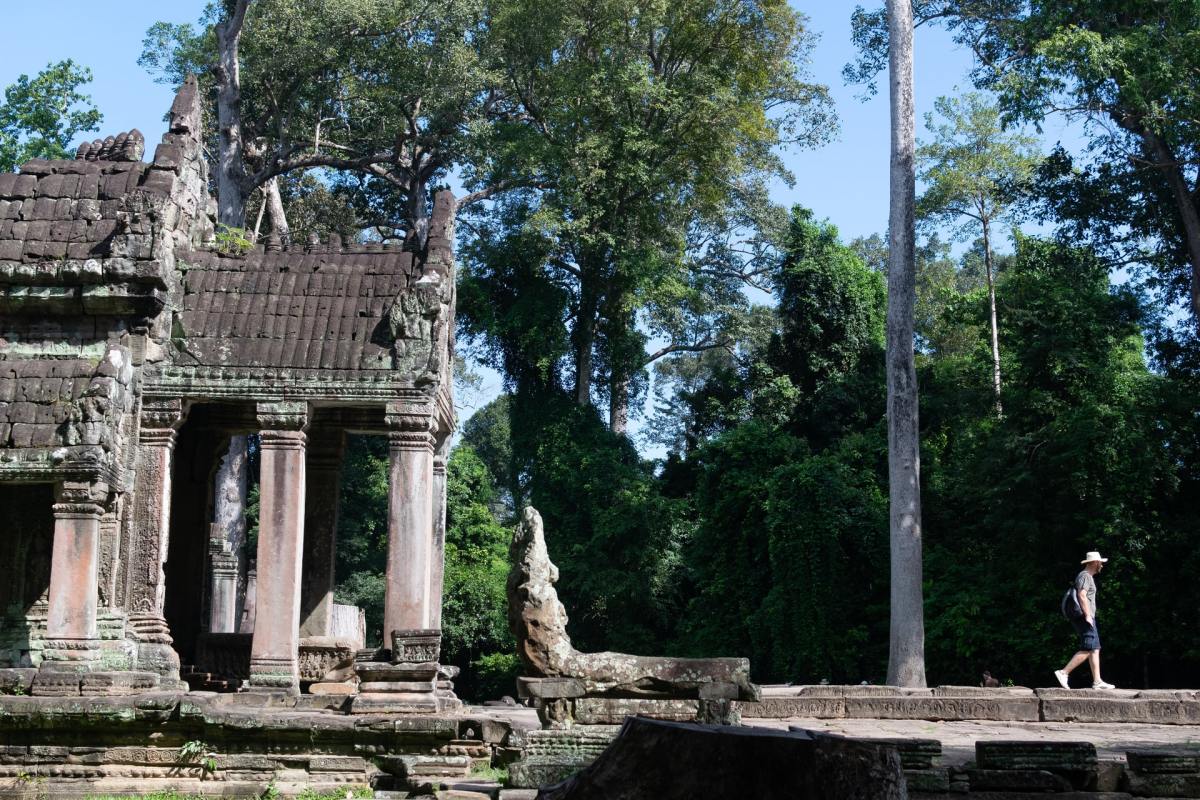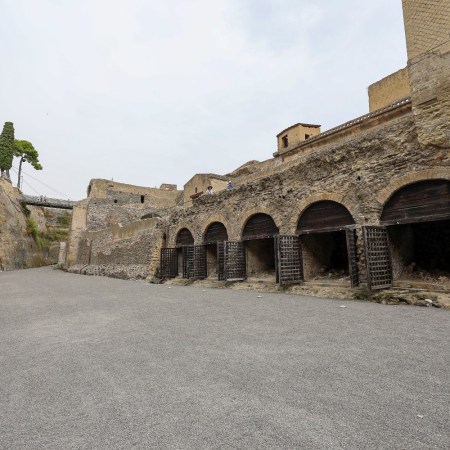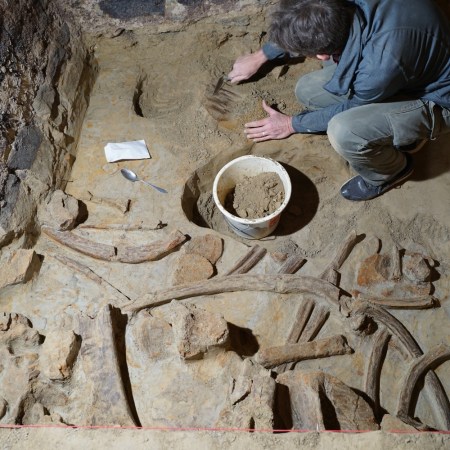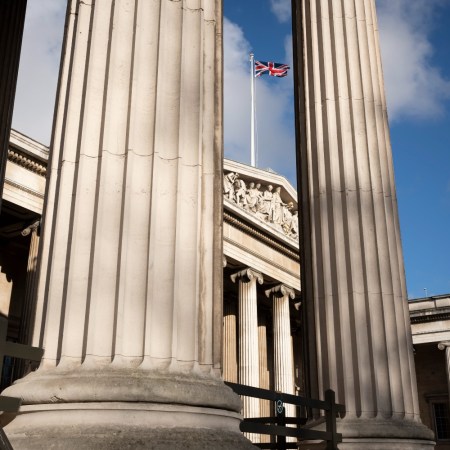Over the course of the last few decades (and even centuries), ancient artifacts from all over the world were taken illicitly from the countries of origin. Some ended up in private hands, while others wound up in museums’ permanent collections. Now, there’s an ongoing effort from many sources to return the items in question to the countries from which they originated — including the Metropolitan Museum of Art, which recently returned a number of objects to Nigeria.
Another country currently at work at reclaiming objects from its own history is Cambodia. The Metropolitan Museum of Art is researching the origins of dozens of artifacts originally from the country in question, and federal prosecutors worked with the Cambodian government to secure them custody of a number of artifacts illicitly obtained by a Denver museum.
Cambodia’s efforts at reuniting with its own history have also involved participation from some unexpected sources. Writing at The New York Times, Tom Mashberg wrote about the life of Toek Tik, who became involved in the illicit trade of antiquities when he was a teenager in late 1970s Cambodia. He stopped doing so in the late 1990s, and is now working with the government to identify artifacts that were sold illicitly to buyers overseas. “I regret what I did,” he told the Times via a translator.
One of the officials interviewed for the article, Hab Touch of the Ministry of Culture & Fine Arts, noted that there was skepticism of Toek Tik at first. That’s since given way to trust. “[H]is information has been an important source to us on Khmer history and his actions and his claims are in line with the archaeological record,” said Touch. And it might well help a nation regain some of its lost treasures.
Thanks for reading InsideHook. Sign up for our daily newsletter and be in the know.


















